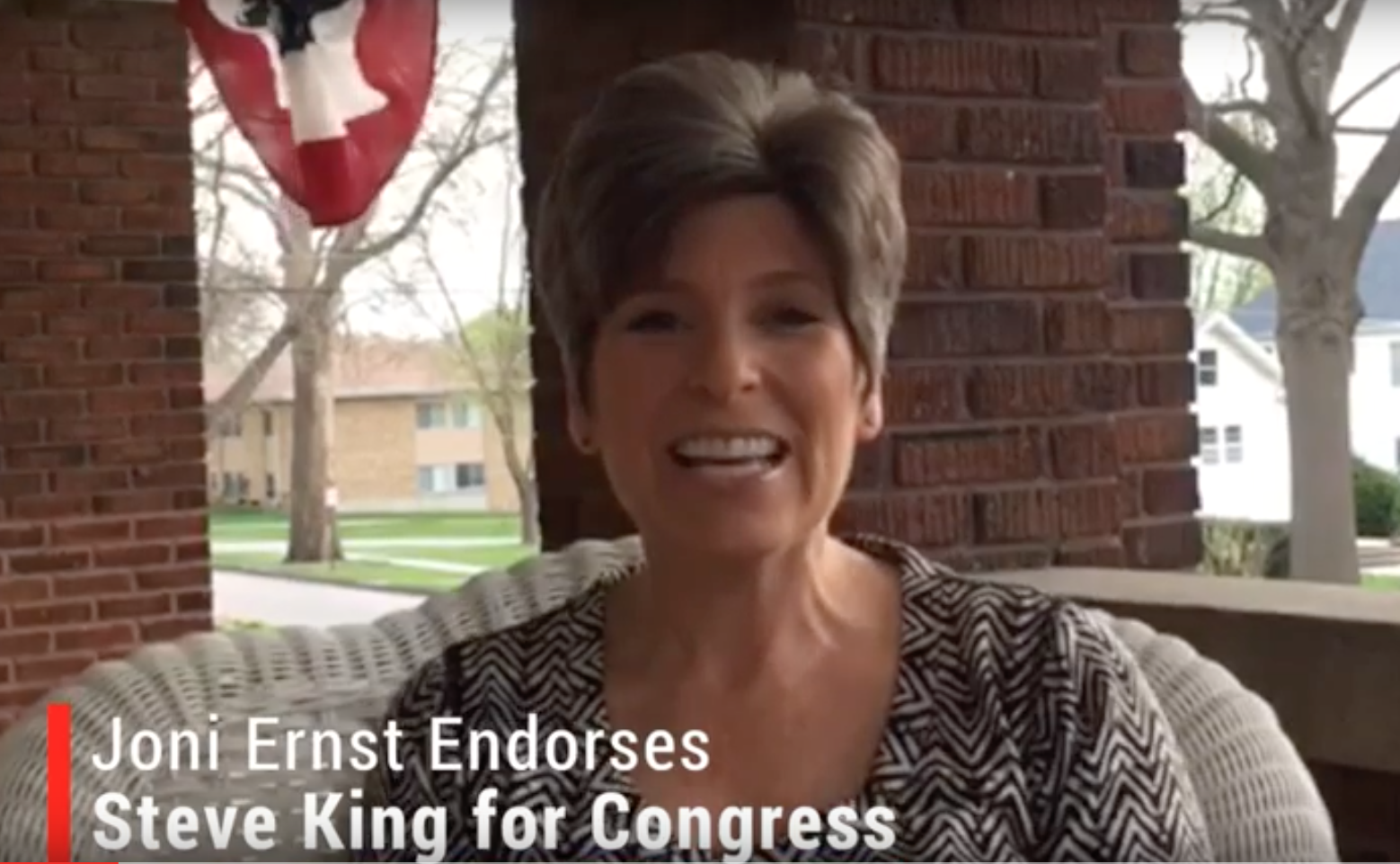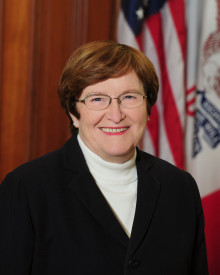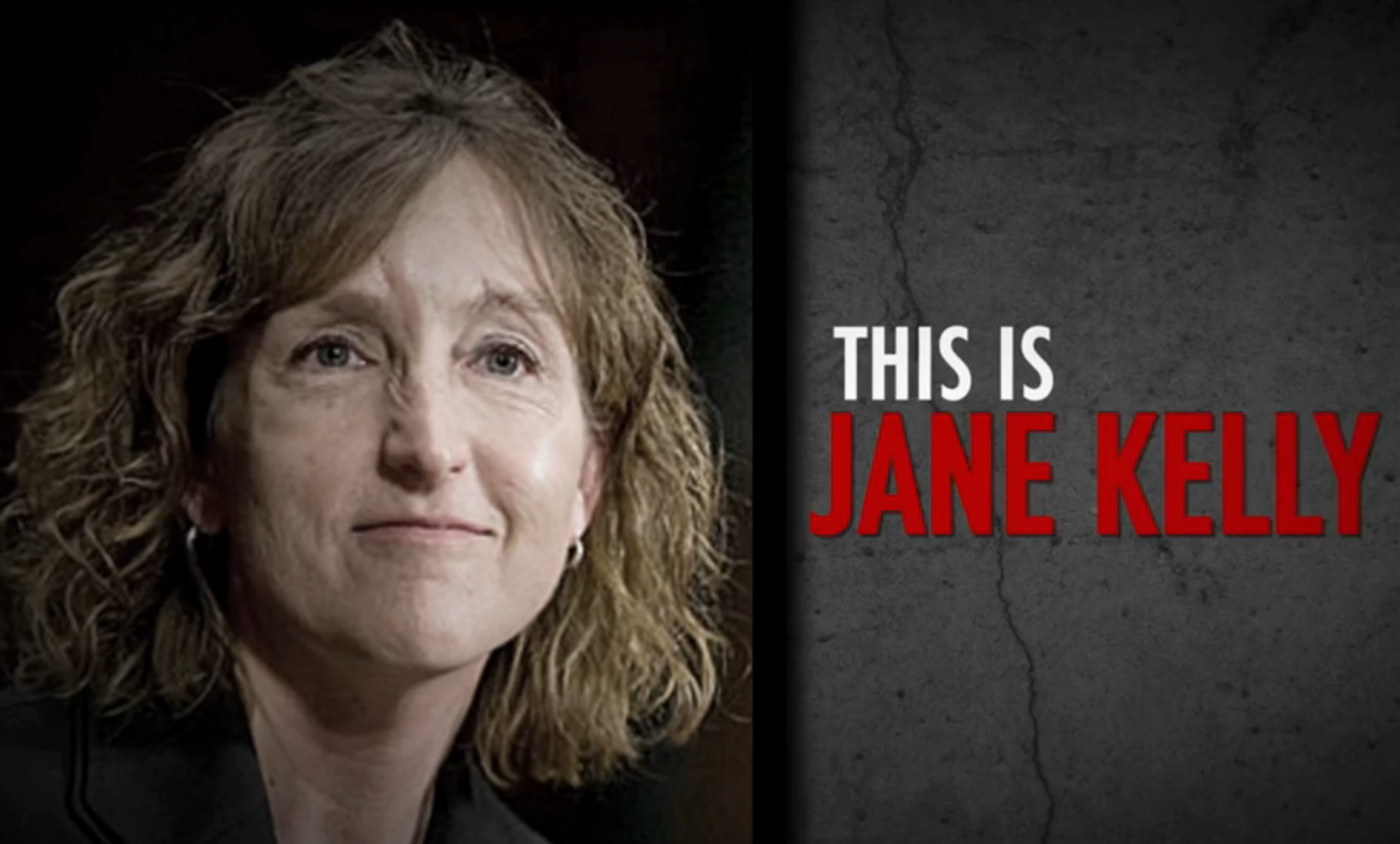Note from desmoinesdem: Iowa’s Chuck Grassley and Joni Ernst were among 29 Republican senators to vote against a cloture motion on an amendment that would add $1.1 billion for combatting the Zika virus to a larger budget bill. The motion passed yesterday by 68 votes to 29. Senate Democrats would prefer stand-alone legislation on Zika, to get the funding to President Barack Obama’s desk more quickly.
Not too much to say here friends.
Just click the link and shake your head at the callousness.
MAY 19 UPDATE from desmoinesdem: Senator Ernst’s office did not respond to my request for comment on this vote.
Patty Judge’s Senate campaign released this statement on May 17:
Statement on Grassley’s Votes Against Bipartisan Bills to Combat Zika Virus
DES MOINES, Iowa —Patty Judge released the following statement tonight after Chuck Grassley voted against multiple bipartisan bills to combat the Zika virus:
“Public health officials have warned Congress for weeks about the serious threat the Zika virus poses to the country. Yet instead of working across the aisle on commonsense solutions to help address the looming public health threat, Chuck Grassley voted multiple times today against bipartisan proposals to provide emergency funding to combat the Zika virus. Once again Chuck Grassley is refusing to do his job. Iowans expect their Senators to put their health and safety above partisan posturing, and yet after decades in Washington, it’s obvious Chuck Grassley is failing his constituents once again.”
A spokeswoman for Senator Grassley e-mailed this response to what she called a “misinformed comment from Patty Judge.”
This statement is confused and uninformed, at best. The government has already been authorized to spend more than $500 million in reprogrammed funds on the Zika threat. Sen. Grassley voted to proceed on a Cornyn amendment that was paid-for under budget rules. That amendment was prevented from moving forward. Sen. Grassley’s vote against proceeding on the next amendment was to say the legislation ought to be paid for and fiscally responsible. There hasn’t yet been a vote on that amendment. When the amendment is up for an actual vote in the next day or so, Sen. Grassley plans to vote for the legislation. Like the Senate majority leadership, Sen. Grassley understands the Zika threat and dealing with it now to protect mothers and children.
SECOND UPDATE from desmoinesdem: Ernst’s office e-mailed this comment.
Continue Reading...Senator Ernst voted in support of a proposal that provides additional resources to combat Zika virus, without adding to our debt. This includes providing funding to the Centers for Disease Control, incentives for manufacturers to develop vaccines and treatments of the virus, and boosting mosquito control by removing layers of bureaucratic red tape so our local communities can more effectively and efficiently tackle this problem. Ultimately, Senator Ernst voted for the final passage of a larger package which does ensure we act quickly to prevent the Zika virus from spreading.














